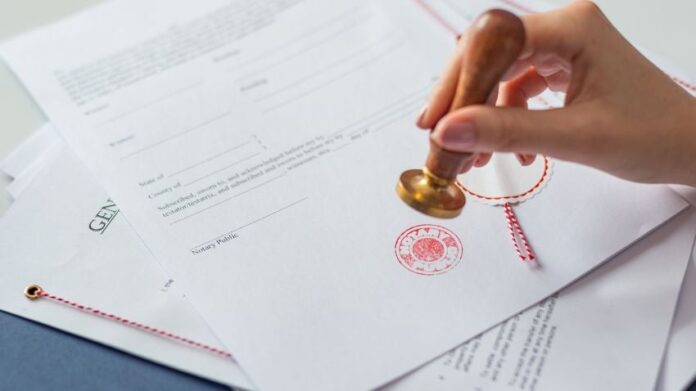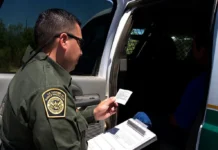An apostille is a unique form of certification, essential for legalizing documents across international borders. It serves as a seal of authenticity, making documents from one country acceptable in another, especially in nations part of the Hague Apostille Convention.
This blog aims to demystify the apostille process, particularly focusing on its duration and providing actionable tips for expediting the certification. Whether you’re a student, a professional, or handling legal affairs, understanding the authentication certificate process is crucial in today’s interconnected world.
Here, you’ll gain insights into making this seemingly complex procedure quicker and more efficient.
What is an Apostille?
An apostille is a specialized certification attached to your documents, confirming their authenticity for international use. It’s a crucial step for documents to be recognized legally in countries that are part of the Hague Apostille Convention.
This convention simplifies the legalization process, replacing the traditional, more complex method of authenticating documents. Authentication certificates are often required for educational documents, legal contracts, power of attorney, and various other official papers and you’re better off using a professional service such as Onesourceprocess while you’re seeking one.
Understanding what an authentication certificate is and its role in international document verification can save time and prevent legal complications when dealing with cross-border matters.
Why Do You Need an Apostille?
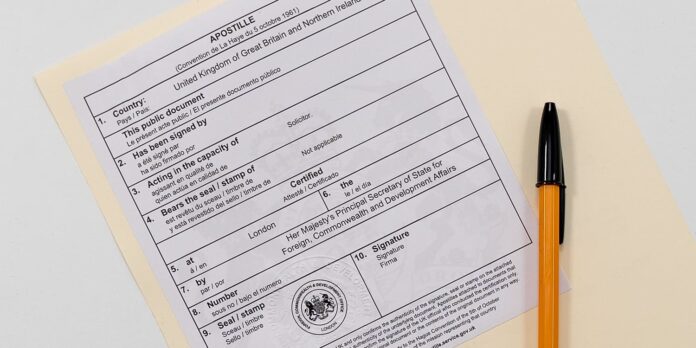
An apostille is essential for several reasons, primarily for legalizing documents for international usage. Individuals and businesses alike require apostilles for a range of purposes, from studying abroad, international business transactions, and marriage in a foreign country, to immigration processes.
This certification ensures that your documents are recognized as valid and authentic by member countries of the Hague Apostille Convention. Without an authentication certificate, your documents may not be accepted, leading to delays and potential legal issues.
Knowing when and why you need an apostille is the first step in navigating the complexities of international document legalization.
Understanding the Apostille Process
The apostille process involves several key steps to certify your documents for international use. Initially, the document must be issued or certified by an authority recognized by the government of your country.
Then, the authentication certificate is attached, either as a separate certificate or as a stamp on the document itself. This process is carried out by designated authorities in each country, typically the Foreign Affairs Ministry or a similar government department.
Understanding these steps is crucial for a smooth apostille process, as each type of document might have specific requirements and designated authorities.
Factors Affecting Apostille Processing Time

Several factors influence the time it takes to obtain an apostille. The type of document is a primary factor; some documents, like birth certificates or court orders, may require additional verification steps.
Government processing times also vary depending on the country and its specific bureaucratic procedures. During peak periods, such as before the academic year starts, processing times can increase due to higher demand.
Additionally, the accuracy and completeness of the submitted documents play a significant role in avoiding delays. Understanding these factors can help in planning and ensuring a timely authentication certificate process.
Average Processing Times
Apostille processing times vary significantly across countries. In some, it may take a few days, while in others, it can extend to several weeks.
For instance, in the United States, processing times can range from a day to a few weeks, depending on the state and the nature of the document.
Expedited options are available in many countries, offering a faster turnaround for an additional fee. Knowing these average times helps in setting realistic expectations and planning accordingly, especially when dealing with time-sensitive documents.
Pro Tips for Expediting Apostille Certification
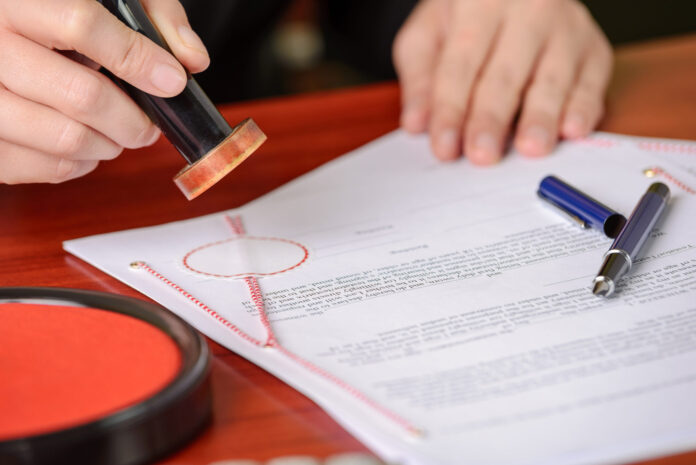
To expedite the apostille process, start with thorough document preparation. Ensure that all documents are complete, accurate, and comply with the specific requirements of the issuing authority.
Utilize expedited services if available, and consider reaching out to professional authentication certificate services for guidance and faster processing.
Additionally, avoid peak times by planning and submitting your documents well before any deadlines. These proactive steps can significantly reduce the waiting period for your authentication certification.
Choosing the Right Service Provider
Selecting a reliable service provider is crucial for an efficient apostille process. Look for providers with a track record of prompt and accurate services.
They should have expertise in handling a variety of documents and be knowledgeable about the specific requirements of different countries.
Read reviews and seek recommendations to ensure you choose a service provider who can effectively expedite your authentication certificate certification while ensuring accuracy and compliance with international standards.
Express Authentication Certificate Services
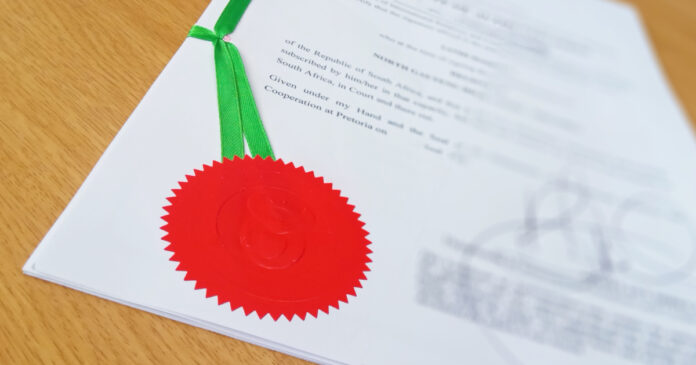
Express apostille services offer a faster way to get your documents legalized for international use.
These services typically guarantee a quicker turnaround, often within a few days, compared to the standard processing times. While they come with an additional cost, the benefit of time saved can be invaluable, especially in urgent situations.
Understanding the availability and benefits of express services in your country can be a game-changer for meeting tight deadlines.
Document Authentication vs. Apostille
It’s important to distinguish between document authentication and apostille. Authentication is a more complex process, typically used for countries not part of the Hague Apostille Convention.
It involves multiple levels of verification from different authorities, including embassies or consulates. Authentication certificate, on the other hand, is a streamlined process for member countries of the convention.
Knowing which process your document requires, based on its destination, is essential for efficient and proper legalization.
Case Studies

Real-life examples highlight the impact of expedited apostille services. For instance, a business needs to quickly finalize an international partnership that successfully expedites its contract’s authentication certificate, avoiding costly delays.
Another case involved a student whose study abroad process was streamlined through expedited authentication certificate services, enabling them to meet university deadlines.
These examples underscore the importance and benefits of timely apostille certification in various professional and personal contexts.
Conclusion
Apostilles play a vital role in international document legalization. Understanding the process, factors affecting its duration, and ways to expedite it can save time and prevent complications.
Whether you opt for professional services or navigate the process independently, being informed is key.
Use the tips provided to efficiently manage your authentication certificate needs and ensure your documents are recognized globally without delay.

